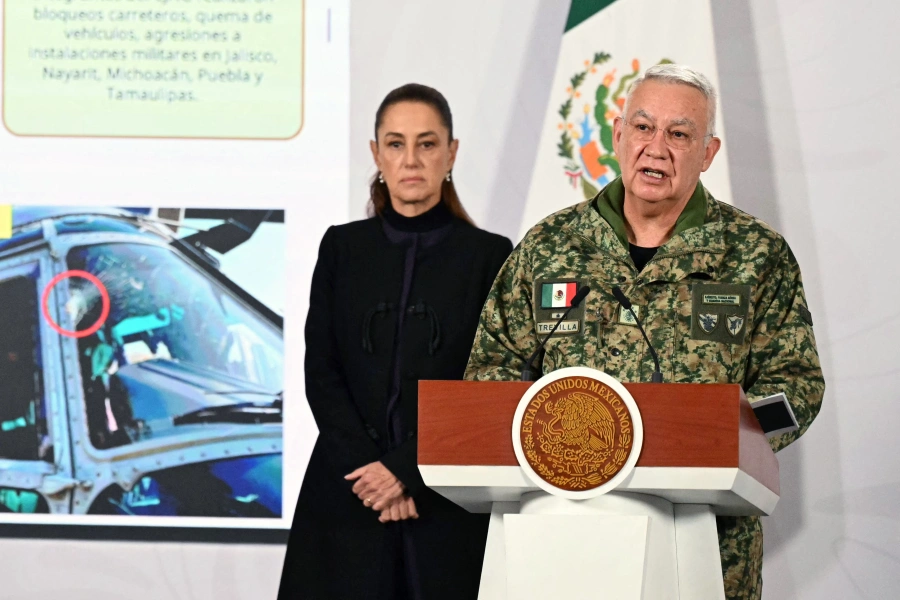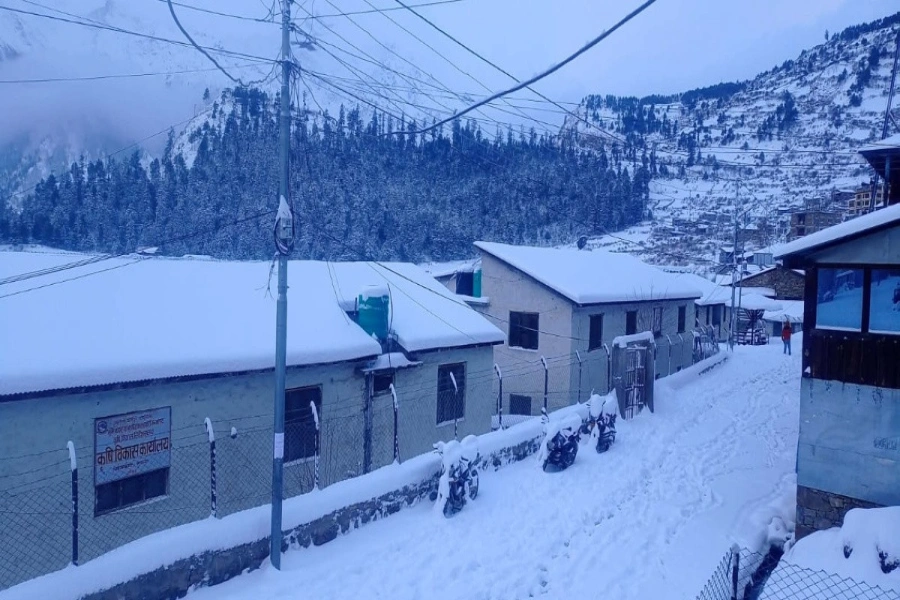KATHMANDU, April 30: Though Prime Minister KP Sharma Oli had said that he was 'tricked' by sugar mills to restrict import of sugar, the government has continued the quantitative restriction until mid-July. The restriction that was in place until Chaitra end (April 13) was extended till mid-July.
According to a notice published in the Government on Nepal Gazette on April 15, the deadline for the import restriction was extended until July 16.
The decision to give the import restriction of sugar continuity was taken a week after Prime Minister Oli's statement criticizing sugar mills for 'tricking' him into imposing the quantitative restriction on import of sugar.
Against wide-spread expectations that the government will discontinue the decision of import restriction following the Prime Minister's remark, the ban on the sugar import has been put on place for additional three months.
Govt continues sugar import restriction until mid-July

According to the quantitative restriction which was put in place in April 14 last year, the import of sugar exceeding a total quantity of 94,900 tons was restricted. As sugar of that quantity has already been imported, there won't be sugar imports anymore.
The decision to impose restriction on imports, however, was not free from the controversy. Consumer activists have criticized the government for bowing down to sugar mills' pressure to restrict imports which prompted price hike immediately after the imports came to a halt. Even Prime Minister Oli, after seven months of the decision, had admitted at a public program that sugar mill owners misled him about the scenario of supply and production of their products to make him impose the restriction.
But instead of course correction, the government has not allowed the deadline for the sugar import restriction to lapse.
“They [sugar mill owners] came to tell me that their stocks of sugar were so high they would not be able to clear them even in the next year. They told me that high imports including from Pakistan had created a problem as they were not able to sell at Rs 53 or Rs 54 per kilo, and they requested me to impose the import restriction,” Prime Minister Oli had said in the inaugural function of the 16th Annual General Meeting of the Confederation of Nepalese Industries (CNI) on April 9.
“I agreed to the request. But a sugar shortage hit the market from the next day. It was sold at Rs 85 per kilo and even at up to Rs 105. This is not business, this is not fair,” he added.
Though the sugar mills reportedly made a commitment not to raise the price as a condition for the import restriction, the price went through the roof soon after.
Public outrage over the shortage and the artificial price hike on the eve of the festive season led a parliamentary committee to repeatedly instruct the government to intervene in the market and take action against those involved in the artificial hike.
Concluding that there was 'collusion' between government officials and the sugar mills to artificially drive up prices, the Public Accounts Committee, upon the recommendation of its sub-committee, instructed the Commission for Investigation of Abuse of Authority to investigate.




































